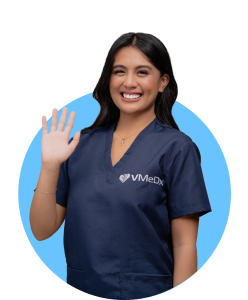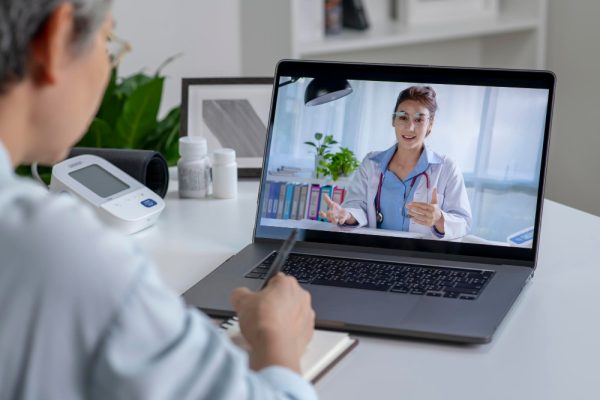
Remote patient monitoring delivers lasting, real-world benefits. By tracking a patient’s health status continuously, this service helps healthcare providers support patients with short-term and long-term conditions, improve patient outcomes, lower healthcare costs, and enhance patient satisfaction making remote patient monitoring solutions a smarter path to better health. The benefits of remote patient monitoring also empower clinicians to make timely interventions before minor issues escalate into serious health concerns. Patients gain a greater sense of control over their care, leading to improved adherence to treatment plans.
Our Services
Stay Healthier with Remote Patient Monitoring
Track your health from home with ease and get timely support from your care team, helping you stay healthier, safer, and worry-free every day.
How Remote Patient Monitoring Transforms Care Delivery
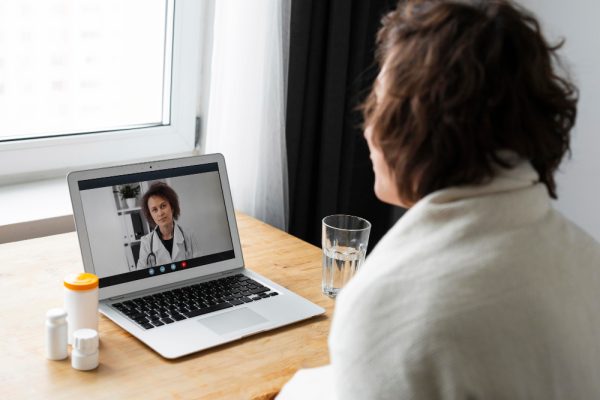
Real-Time Health Data Brings Insight
Remote patient monitoring technology provides real-time data such as blood pressure, vital signs, glucose levels, and sleep patterns. With constant monitoring to monitor patients, healthcare professionals can detect changes early, particularly in patients diagnosed with chronic heart failure, chronic obstructive pulmonary disease, or diabetes management needs.
Lower Healthcare Costs for Patients and Systems
By reducing frequent in-person visits and hospital admissions, remote patient monitoring cuts healthcare costs significantly, benefiting the overall healthcare system. When healthcare providers monitor patients, especially high-risk patients and heart failure patients who are monitored remotely using devices like blood pressure monitors and continuous glucose monitors, hospital visit avoidance and cost effectiveness go hand-in-hand.
Key Advantages of Remote Patient Monitoring for Chronic Condition Patient Populations
Acute and Chronic Conditions Under Control with Continuous Monitoring
For chronic diseases like chronic obstructive pulmonary disease or chronic heart failure, continuous monitoring detects fluctuations in health status. For short-term and long-term conditions alike, early detection via remote patient monitoring solutions enables prompt action.
Benefits for Chronic Disease Management
Continuous tracking of vital signs like blood pressure, blood pressure monitors, heart rate, glucose levels through remote patient monitoring
Early detection of complications before they lead to hospital visits
Reduced workload for healthcare organizations and healthcare facilities
Patient empowerment through education, remote monitoring technology, and support
Improved clinical outcomes and patient satisfaction
Improved Patient Outcomes Across the Board
Multiple randomized controlled trials demonstrate that remote patient monitoring improves clinic outcomes, especially for patients with chronic diseases. Better management of high blood pressure and improved control of glucose levels contribute to enhanced patient care and improved patient outcomes.
Supporting Patients with Heart and Lung Conditions
Better Care for Heart Failure Patients
Heart failure patients benefit from remote patient monitoring as healthcare providers monitor patients to keep an eye on fluid levels, blood pressure, blood pressure monitors, and weight trends. These interventions enhance patient care, reduce hospital admission rates, and improve the patient experience.
Managing Chronic Obstructive Pulmonary Disease
Remote patient monitoring tools can track oxygen saturation, breathing patterns, and sleep patterns. Fast intervention by healthcare providers when vital signs indicate changes means fewer exacerbations and hospital stays, improving both health status and patient satisfaction.
Diabetes Management Gets Smarter
Continuous Glucose Monitoring Made Easier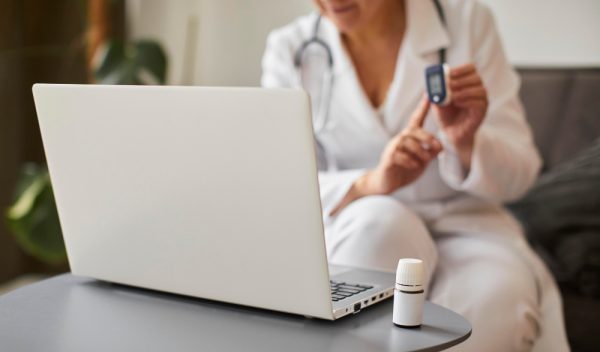
Remote patient monitoring solutions that pair with continuous glucose monitors allow people managing diabetes to share real-time glucose levels with their care teams. This leads to better control, fewer high or low episodes, and lower healthcare costs overall.
Enhancing Patient Engagement and Self-Management
When patients see their glucose trends through remote patient monitoring and receive support from healthcare providers and healthcare professionals, engagement rises. This empowers people to adjust their behaviors, adhere better to treatment plans, and enjoy improved clinic outcomes.
Fun Fact!
INTERESTING FACT
Out of 1,605 studies on remote patient monitoring, only 13 made the cut—yet they still captured insights from 2,351 healthcare pros! The perks? Faster care, better self-care, and confident, well-educated patients. The pains? More work, tech headaches, and the occasional “Is my data lying to me?” moment.
Clinical and Financial Benefits for Healthcare Providers and Organizations
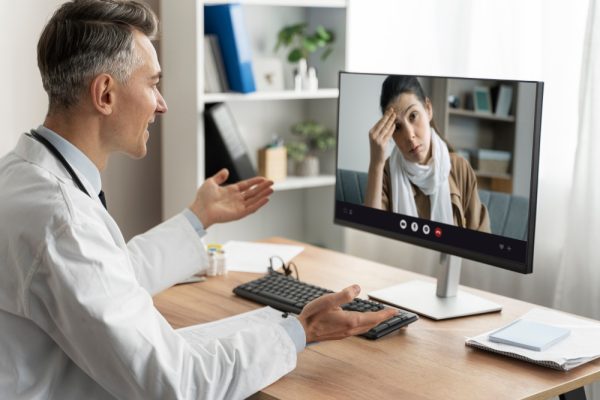
Streamlining Clinical Settings
Healthcare providers save time and resources when they monitor multiple patients remotely. With trends visible through dashboards and remote patient monitoring technology, clinicians can focus on patients who need care most, freeing up capacity in healthcare facilities.
Demonstrated Cost Effectiveness
Studies show remote patient monitoring leads to fewer hospital admissions and avoided complications—reducing healthcare spending while enhancing care. This makes it financially viable for healthcare organizations to implement.
Better Use of Patient Data and Health Metrics
Access to detailed health metrics such as blood pressure, glucose levels, vital signs, and sleep patterns improves decision-making. Healthcare professionals can tailor care based on objective, timely patient data.
Advantages for Patients in Everyday Life
Convenience and Comfort
No more frequent in-person visits or long hospital wait times. Patients enjoy comfort at home, with continuous support from healthcare providers via remote monitoring.
Everyday Perks for Patients
Fewer hospital visits, yet better oversight of health metrics
Constant monitoring of vital signs and health data
Early detection of health changes, reducing emergency hospital admissions
Greater patient satisfaction and peace of mind
Support through patient education and engagement tools
Enhanced Patient Experience
Remote patient monitoring improves the patient’s health status visibility, encourages patient adherence, and leads to better patient experience overall.
Best Practices for Implementing Remote Monitoring
Define Inclusion and Exclusion Criteria Clearly
Not every patient benefits equally. Clearly define inclusion and exclusion criteria—for instance, high-risk patients with long-term illness like diabetes, chronic obstructive pulmonary disease, or chronic heart failure are strong candidates for remote patient monitoring, while others may not need continuous monitoring.
Choose Appropriate Medical Devices
Effective RPM solutions include blood pressure cuffs, continuous glucose monitors, and medical devices that capture a range of health metrics. Make sure they’re easy to use and integrate seamlessly with remote monitoring systems.
Educate and Engage Patients
Healthcare providers should provide patient education on how to use the devices and explain the benefits of continuous monitoring. Enhanced patient interaction increases adherence and leads to better clinic outcomes.
Integrate Into Clinical Workflows
Ensure healthcare professionals can easily access patient data in real time. Smooth integration keeps patient health status at the forefront and elevates patient care.
Evidence That RPM Works
Clinical Settings Show Clear Improvements
In randomized controlled trials, remote patient monitoring resulted in fewer hospital admissions, better management of chronic diseases, and improved patient satisfaction. Patients with high blood pressure, chronic conditions, or acute exacerbations saw tangible health outcomes.
Real-World Success Stories
From heart failure to diabetes management, real-world applications of remote patient monitoring technology consistently show lower healthcare costs, enhanced interaction, and improved health outcomes.
Why Now Is the Time for Remote Patient Monitoring
Rising Pressure on Healthcare Systems
As healthcare systems face rising costs and growing demand from aging populations, remote patient monitoring offers a scalable, effective solution to support patients without overloading facilities.
Technological Readiness and Patient Expectation
With patient data accessible everywhere via modern medical devices, patients expect personalized, ongoing care. Remote patient monitoring supports that shift bravely while maintaining cost effectiveness.
Better Health Outcomes make a Strong Case
Improved patient outcomes, lower hospital admissions, and enhanced patient satisfaction prove that remote patient monitoring solutions aren’t just a trend—they’re a smart, patient-focused investment.
Let’s Revolutionize Your Care Today
You’ve read how remote patient monitoring can:
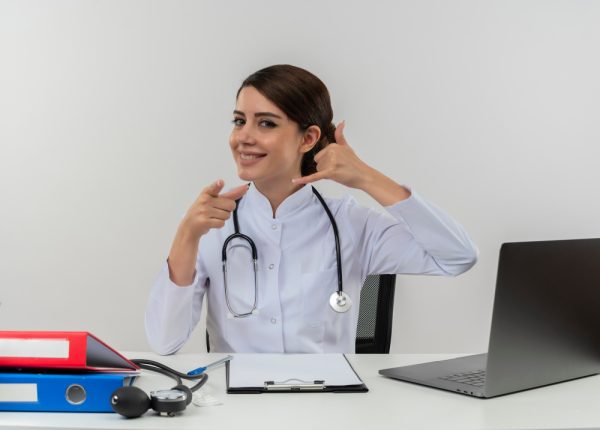
Enhance patient outcomes through real-time health data on vital signs and health status
Lower healthcare costs by reducing hospital visits and costly complications
Boost patient engagement, satisfaction, and self-management
Support patients with chronic diseases like high blood pressure, diabetes, heart failure, and chronic obstructive pulmonary disease with early detection and continuous support
Ready to experience the difference? Contact us today to discover how our remote patient monitoring solutions can support your health journey. Whether you manage chronic conditions or aim for proactive care, our team is here to guide you toward improved health outcomes, better patient care, and reduced stress. Get started now and take charge of your health with remote support—your well-being in trusted hands.

